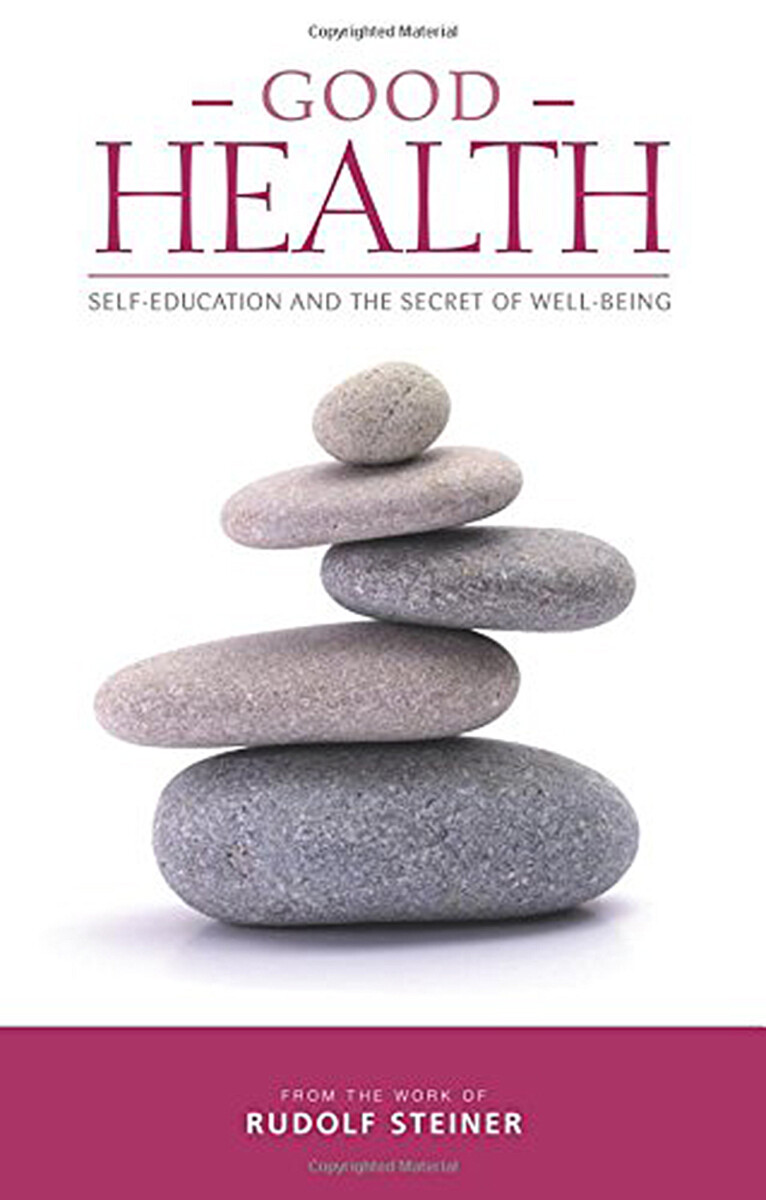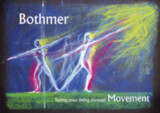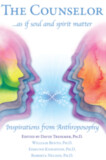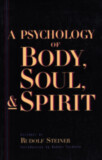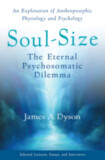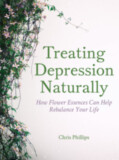Good Health
Self-Education and the Secret of Well-being
- Publisher
Rudolf Steiner Press - Published
7th July 2017 - ISBN 9781855845336
- Pages 72 pp.
- Size 5.3" x 8.5"
Rudolf Steiner offered numerous practical methods to enrich and enliven our daily lives. Drawing on these, the texts in this anthology provide a wealth of ideas to strengthen our health through self-education and personal development. The content ranges from tangible and easy exercises to relevant observations on human nature.
Steiner speaks of memory and forgetting as the basis of education and cultural development, explaining their significance for health and illness. He discusses the influences of the four human temperaments and their relationship to wellbeing, and the eightfold path in connection with self-education. Finally, he gives specific exercises for inner development to be practiced on the various days of the week.
The themes of personal resilience and “salutogenesis” (an approach focusing on factors that support human health and wellbeing rather than those that cause disease) are addressed directly by editor Harald Hass in his introductory essay.
C O N T E N T S:
Introduction: “The Basic Ideas behind Salutogenesis”
by Harald Haas
Notes
1. “Forgetting” (Berlin, Nov. 2, 1908)
2. Seminar Discusstions on the Temperaments (Stuttgart, Aug. 1919)
3. “Self-education” (Berlin, Mar. 14, 1912)
4. “For the Days of the Week”
Notes
Sources
Rudolf Steiner
Rudolf Steiner (b. Rudolf Joseph Lorenz Steiner, 1861–1925) was born in the small village of Kraljevec, Austro-Hungarian Empire (now in Croatia), where he grew up. As a young man, he lived in Weimar and Berlin, where he became a well-published scientific, literary, and philosophical scholar, known especially for his work with Goethe’s scientific writings. Steiner termed his spiritual philosophy anthroposophy, meaning “wisdom of the human being.” As an exceptionally developed seer, he based his work on direct knowledge and perception of spiritual dimensions. He initiated a modern, universal “spiritual science” that is accessible to anyone willing to exercise clear and unbiased thinking. From his spiritual investigations, Steiner provided suggestions for the renewal of numerous activities, including education (general and for special needs), agriculture, medicine, economics, architecture, science, philosophy, Christianity, and the arts. There are currently thousands of schools, clinics, farms, and initiatives in other fields that involve practical work based on the principles Steiner developed. His many published works feature his research into the spiritual nature of human beings, the evolution of the world and humanity, and methods for personal development. He wrote some thirty books and delivered more than six thousand lectures throughout much of Europe. In 1924, Steiner founded the General Anthroposophical Society, which today has branches around the world.


